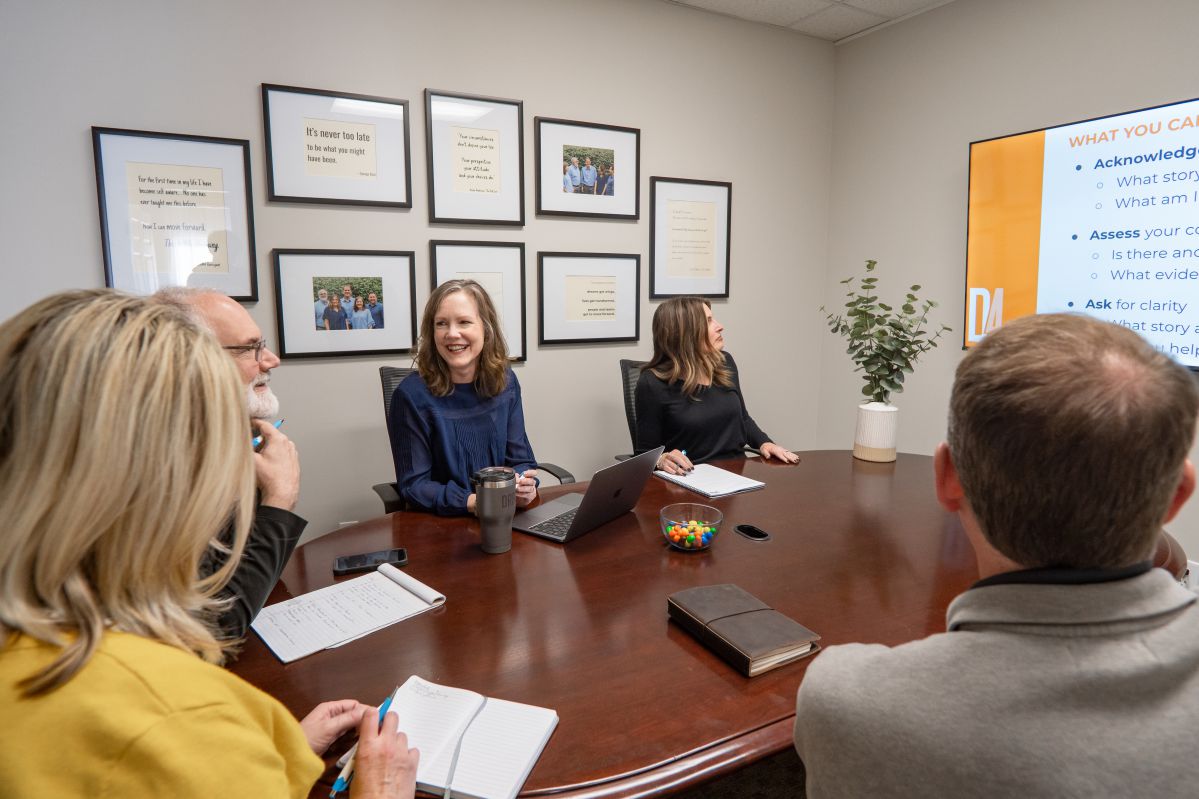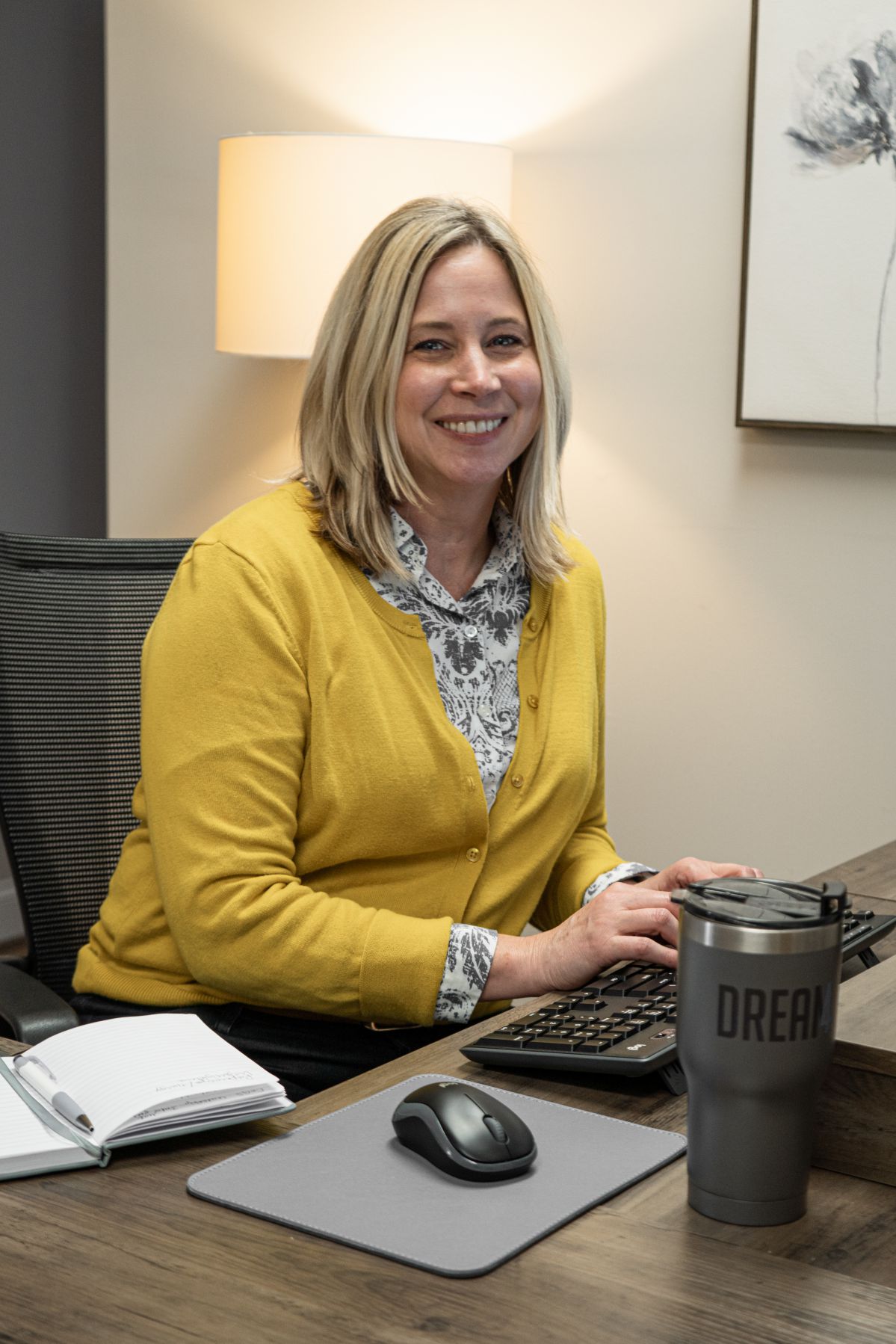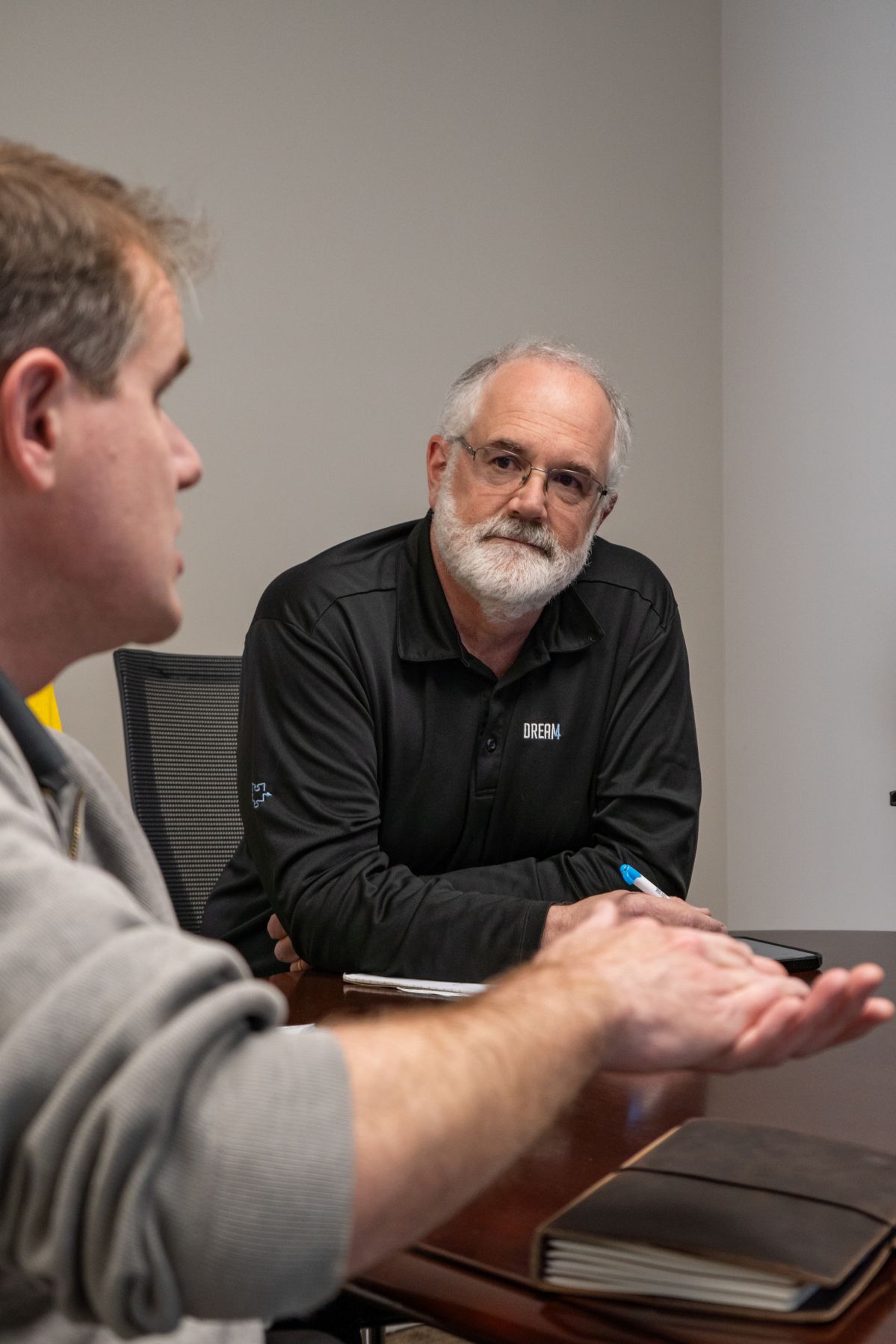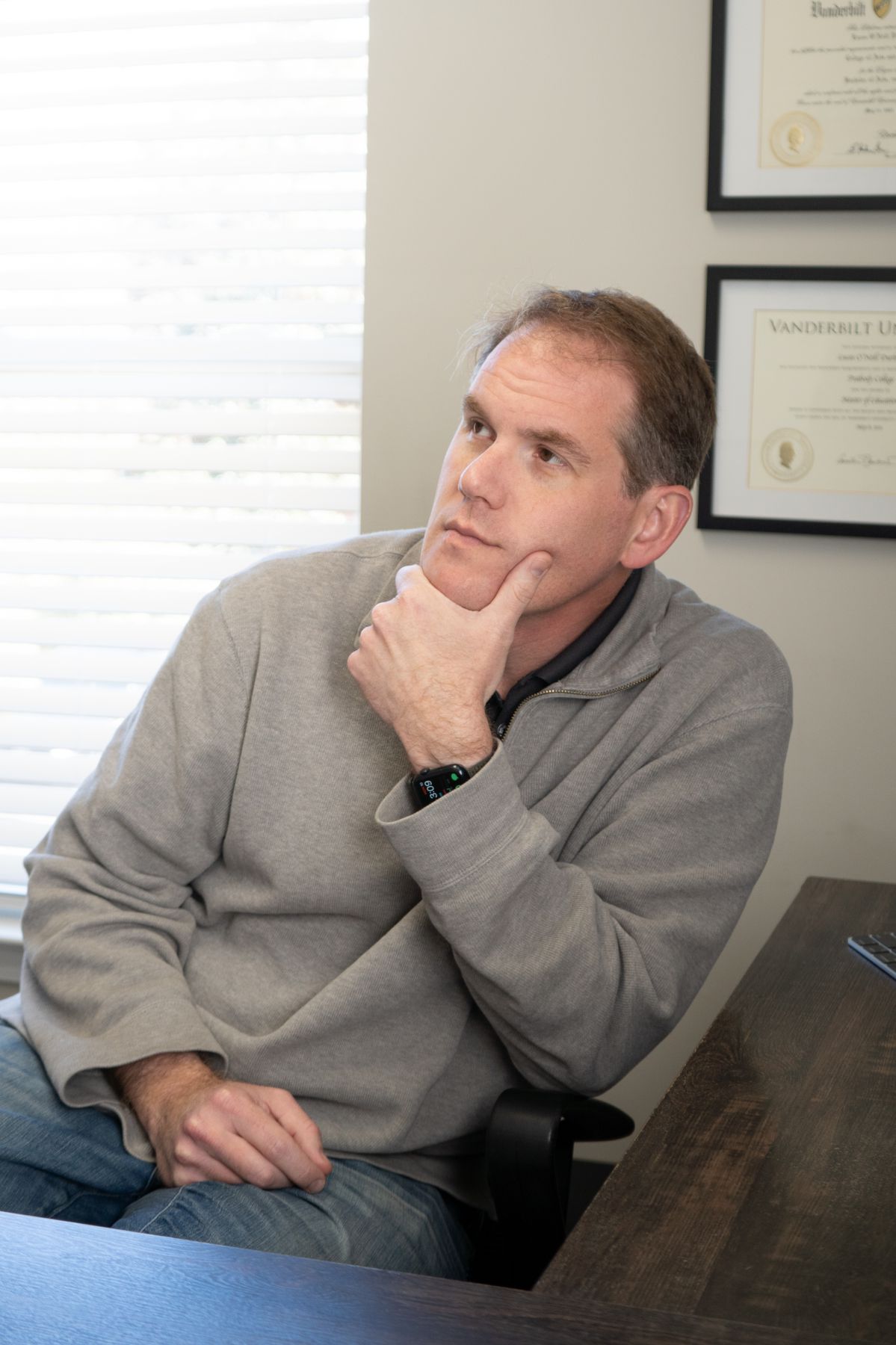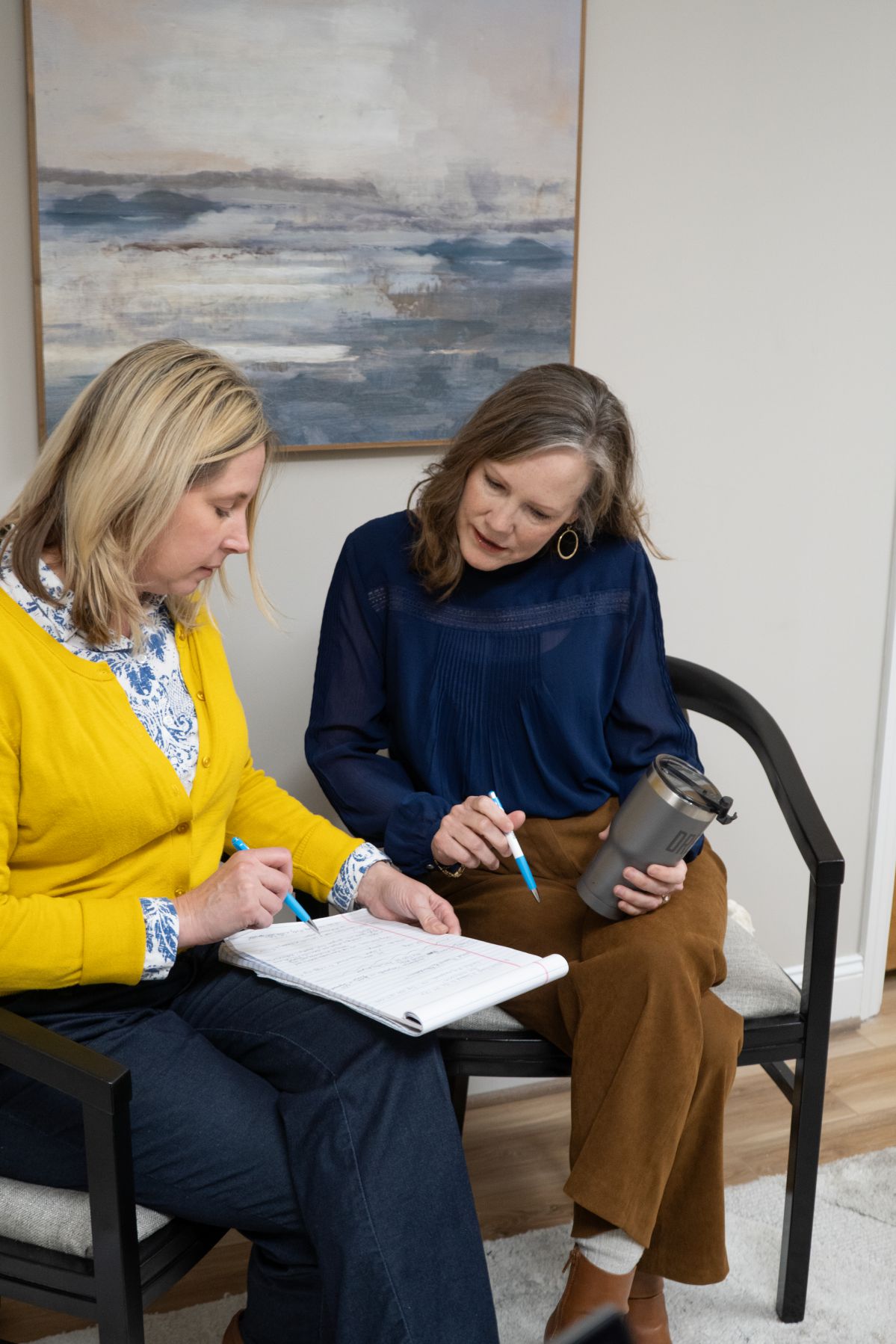“You are responsible for the world that you live in. It is not the government’s responsibility. It is not your school’s or your social club’s or your church’s or your neighbor’s or your fellow citizen’s. It is yours, utterly and singularly yours.”
—August Wilson
In truth, self-accountability might be the most defining attribute to qualify not just as a leader, but as an adult. The word accountability literally means “account-ability,” that is, possessing the ability to account for your own life. It means to be answerable for the obligations and duties you have in your life by the very nature of being a human being. Anyone who is self-accountable answers fundamentally to themselves in honoring a code of living, ethics and integrity that goes to the depth of who we are, on the highest, deepest and broadest of levels. It is actually very simple. Consider the following basic building blocks that can help create a solid foundation for self-accountability:
SEVEN BASIC KEYS FOR SELF-ACCOUNTABILITY
- Be Fully Present – Only by 100% showing up in each “here-and-now moment” can self-responsibility and self-accountability be authentic.
- Be Honest – Only by telling the straight-up, nothing left out, gut-honest truth can anyone take responsibility and be accountable for his or her own life.
- Be Disciplined – In all words and actions embrace self-accountability. You must fully own a solid, disciplined and aware sense of what makes you tick.
- Be Clear – Our consistent words, actions, facial expressions, body language and tone of voice all communicate the same message of congruence. This communicates a trust that what is seen, heard and experienced is real, authentic and true.
- Be Transparent – To bring maturity to full bloom requires being available to all inputs, creativity, possibilities, brainstorming, innovation and perspectives.
- Be Selfless – Being a mature grown-up brings an attitude of no scarcity of anything and a surplus of everything for everyone to meet life’s demands. It is the pursuit of a total win-win game of life.
- Be Committed – This is about a rock-solid commitment to learn and take continuous action to grow. Perhaps the rarest character trait for human beings is the commitment to continuously learn and take such action.
Being an accountable leader over the next several months will perhaps be more challenging than we have ever experienced. However, we will also have an opportunity to breathe into our people in unprecedented ways.
Remember that hope and positivity are contagious, just like fear. When we model this kind of behavior for our respective teams, we can help them overcome fear and do their best work as well. This will make it more likely that our businesses will weather this challenge and be well-positioned to thrive once this crisis has passed and things open back up.
There is a song, made famous by the Disney movie "Frozen II," that mentions doing the next right thing. The song basically says that when things are dark, and when we do not know what to do, it is very easy to get overwhelmed. All we can do is focus on the next right thing. All we can do is take one small step at a time and be confident in that small positive momentum. This is a message that resonates greatly right now. Here are a few tips:
- COMMUNICATE - Communicate that things are changing quickly and that you intend to get to the long-term by handling the short-term well. Leave everyone with the idea that you will all get to a successful future by doing the next right thing – one day at a time.
- STAY CURRENT – Remember, what you shared with your team last week may not be true this week! Make sure that you are keeping them in the loop on what the next right thing is, right now.
- EMPOWER – Choose to trust and empower your team to make decisions. Things need to happen faster now, so perhaps suspend the need for people to ask permission. How your company treats customers really matters now. Ask them to also focus on just doing the next right thing when making decisions.
- BE KIND – Be kind to yourself and others. Everyone is struggling in a variety of ways. People will forever remember how you made them feel.
Hard times show us who we are. When we are forced out of our comfort zone — when we are unsettled — is when the greatest personal and professional growth can happen. It is when our accountability to our people can shine. When it does, we can all emerge stronger than before, doing one right thing after the other!
See more about how accountable leadership impacts your company’s culture on our website!
